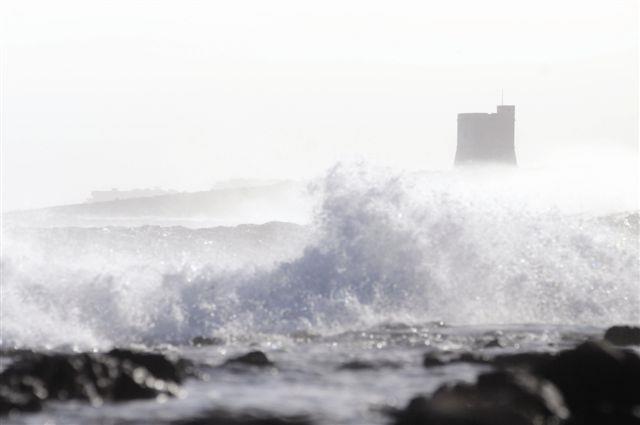If everyone on the planet lived the average lifestyle of a resident of Malta, humanity would require 2.5 planet Earths to sustain our demand on nature, according to an annual report by the World Wildlife Foundation.
However, in the EU context, Malta is not, actually, faring too badly, considering the EU average of 2.6.
According to the WWF study, Living Planet Report, Malta has the EU's 18th largest ecological footprint. The worst offenders are: Belgium (4.3), Denmark (4.3), Sweden (3.7), The Netherlands (3.6) and Ireland (3.2).
The EU's lowest ecological footprints are found among residents of Romania (1.4), Hungary (1.6), Bulgaria (1.7), Croatia (1.9) and Slovakia (2.1).
Malta, according to the study, shares the same ecological footprint as Cyprus, Lithuania and Poland.
The EU as a whole, the WWF said this week, continues to run at an ecological deficit, and a continuously rising demand for natural resources and increasing levels of CO² in the atmosphere by a growing population are putting tremendous pressures on our planet's biodiversity, threatening future security, health and well-being.
Globally, populations of fish, birds, mammals, amphibians and reptiles measured for the report have declined by 52 per cent since 1970 and freshwater species have suffered a 76 per cent decline - an average loss almost double that of land and marine species.
One of the report indicators on the state of the planet, the Ecological Footprint, shows that all the 27 EU countries surveyed are living beyond one planet levels and are also relying heavily on the natural resources of other countries.
"The EU's ecological footprint is big. Our economic activities are contributing to the loss of biodiversity and habitats both at home and abroad, which undermines the natural systems upon which we depend for the food we eat, the air we breathe and the stable climate we need", said WWF's European Policy Office director Tony Long.

The climate connection
Global emissions of carbon dioxide are the main cause of global warming and are already having an impact on the planet's biodiversity and bio-capacity, along with human well-being, particularly with regard to food and water security, the report said.
Europe's carbon footprint makes up nearly 50 per cent of its total ecological footprint, due to the burning of fossil fuels such as coal, oil and natural gas.
The report arrives at an important moment for EU and global climate and energy policy. In Europe, the European Council taking place in Brussels on 23 and 24 October will see heads of state deciding on an EU climate and energy package up until 2030, while at global level, the UN Climate Change Conference in Lima in December and especially the one in Paris next year, will see governments trying to reach a global agreement to curb the dangerous effects of global warming.
Of the EU member states evaluated, Belgium - the country that hosts the European institutions - has one of the world's largest ecological footprints per person, requiring an equivalent of 4.3 Earths if everyone lived like an average resident of Belgium, and ranking 5th globally behind countries like Kuwait, Qatar and the United Arab Emirates.
This is principally due to Belgium's carbon footprint, which accounts for 43 per cent of its total ecological footprint. �
"It is clear that, as far as energy use and energy efficiency is concerned, Belgium is not amongst the best performing countries, as it is more energy intensive for buildings and the transport sector. The low occupancy rate of cars, the tight road network and the low taxes for diesel contribute to a higher amount of vehicle kilometres per person, and therefore also to a higher Ecological Footprint," said WWF Belgium CEO Damien Vincent.
Romania has the lowest ecological footprint in the EU, at an equivalent of 1.4 earths. "The result is much more related to the breakdown of industry and much less to the strategic vision of the government. Although some steps have been taken on the path to sustainable forest or river management, the holistic approach - which incorporates climate change and nature in the general planning process - is missing," said WWF Danube Carpathian Programme Romania director Magor Csibi.